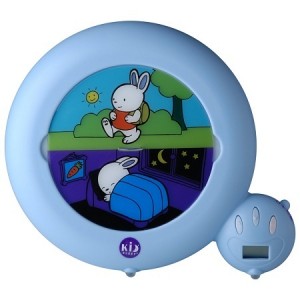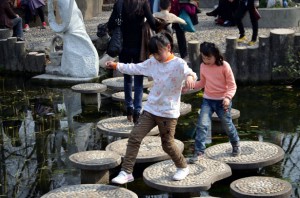In many places, school will start right after Labor Day and some children will start kindergarten. Starting school for the very first time can be exciting and scary. There are things you can do at home to help with kindergarten readiness and to get your child off to a good start. One of the best ways to support your child in this new adventure is to begin establishing a routine.
Somehow, routine is a bad word, kind of like work. But routine can be a sort of invisible nanny. As kids become accustomed to a routine, they know what’s coming next and feel more secure. Even if they argue and push against it, they expect it to be there and are thrown off balance when it isn’t. As kids remember some of the things they need to do all on their own, they can participate in the routine. This helps them feel in control and encourages independence.
 A routine might look like getting up in the morning, getting ready for the day, playing and having fun in the morning with a mid-morning snack, practicing eating from a lunch box, some more play time in the afternoon, and helping with a few chores around the house here and there during the day. After supper, a bath, some stories, and bed. A routine helps kids establish a sleep pattern and those first few days at kindergarten kids get very tired. They are coping with many new kinds of stimulation and adjust to new people. Adequate sleep makes that easier.
A routine might look like getting up in the morning, getting ready for the day, playing and having fun in the morning with a mid-morning snack, practicing eating from a lunch box, some more play time in the afternoon, and helping with a few chores around the house here and there during the day. After supper, a bath, some stories, and bed. A routine helps kids establish a sleep pattern and those first few days at kindergarten kids get very tired. They are coping with many new kinds of stimulation and adjust to new people. Adequate sleep makes that easier.
Getting back into a routine is not easy and right now, we all want to enjoy the last few days of summer! They seem to go so fast. Ease into a routine a bit at a time and saying goodbye to summer won’t seem so hard. Is your child excited about saying hello to kindergarten?


